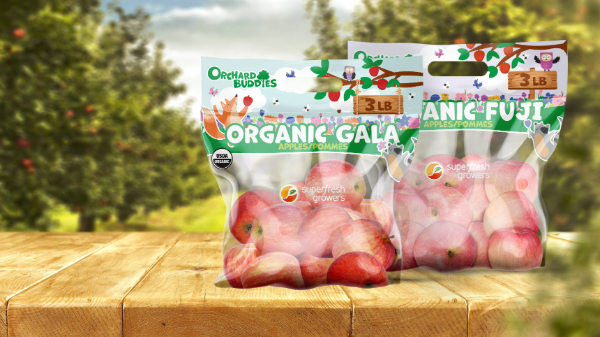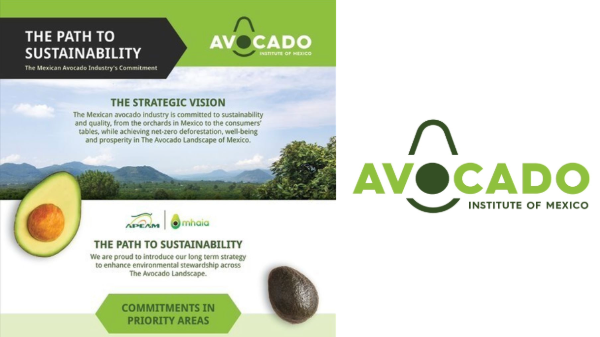Welcome to Blue Book!
Are you ready to join the thousands of companies who rely on Blue Book to drive smarter decisions? View our plans and get started today!
Still have questions? We’d love to show you what Blue Book can do for you. Drop us a line– we’ve been waiting for you.
Gonzalez finds the important thing is to make sure prices are very competitive, particularly in the summer months. He says the CIPM “has its moments where we’re rocking and rolling, and other times it’s like ‘how are we going to keep the doors open?’” Gonzalez has been in the industry for six years, and has heard ‘the sky is falling’ many times. The recent economic turmoil, however, has certainly had an impact, with even food banks struggling because every case counts for merchants. “If you can’t sell it for what you’re asking, [you] sell it for less before giving it away.”
On the transportation side, business is still pretty tough. “We haven’t come back up from the last couple of years,” Schmit commented. “It has been steady, not an overabundance. A lot of it has to do with [few] people keeping product in their warehouse. They’re ordering ‘per order.’ Before, they’d take a full load and keep it in-house for a while.”
Of course, for trucking companies, fuel is an enormous obstacle and the cost must be passed on to customers. “Rates haven’t come down because fuel prices have not dropped,” Schmit said. “You’re not going to see any of the lower rates like you saw two or three years ago.” Gonzalez agrees it has gotten tougher every year for carriers. “To do it the legal way, with insurance, payments on time, one claim can put a whole carrier underwater. In this industry, it’s definitely a giant rollercoaster.”
And the ride can be even bumpier when trying to win new customers in a tight economy. On the upside, loyal customers are often what keep a business afloat. “We have a great customer base,” Schmit says. “It’s easier for us to stick with our regular guys. It’s better to take care of the customers you have.”
Another big change is managing how merchants do business on the market. Even those who have been in the industry for generations have had to change the way they operate to stay competitive. Gonzalez explained that in the past, “each warehouse specialized in one thing—just tomatoes, just bananas, etc.” Now most merchants carry many items. Vega too sees more businesses trying to “be a full-line house of everything so they can try to pick up more business.” These changes also apply to tropical fruits or vegetables many may not have carried in the past, such as mangos from Ecuador, Guatemala, Puerto Rico, and Brazil. Fewer sellers and tighter supplies equaled higher profits; but today’s increased availability means lower prices and more competition.
Nick Gaglione, president of Dietz & Kolodenko Company, Inc., sees at least one positive change from the tough times of the last few years: the rise of the independents. “The independent stores are making a big impact,” he remarked. Though some have been around for years, like Tony’s Finer Foods, or Pete’s Fresh Market—which began as a produce stand on the Southside of Chicago and now boasts nine locations throughout Chicagoland—Gaglione says local stores like these “are able to pinpoint individual needs for their community—Hispanic, Asian, Irish. They put in their stores that people are looking for… and they’re down here [at the Chicago market] buying every day.”








